I need to split texts using delimiter |.But after split its truncating front zeros:
Input
0001|00030455|testing
0003|00004532|testing
Expected Output
0001 00030455 testing
0003 00004532 testing
Getting Output like this
1 30455 testing
3 4532 testing
Tried this
$colA=$wst.range("A1").EntireColumn
$colrange=$wst.range("A1")
$colA.texttocolumns($colrange,1,-4142,$false,$false,$false,$false,$false,$true,"|",@(1,3))
Option in Excel
How to use above option in TextToColumn() using powershell?
